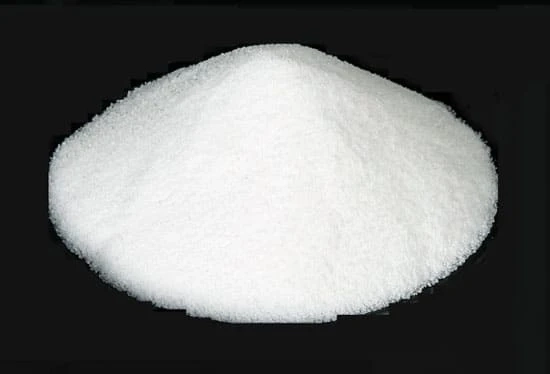Edible salt is a staple ingredient used in almost every cuisine worldwide. However, did you know that not all salt is created equal? The iodine content of salt can make a significant impact on our health. Iodine is an essential micronutrient required for the proper functioning of the thyroid gland, which regulates our metabolism. In this article, we will explore the role of iodine in edible salt and why it is essential for good health.
Iodine is a trace element that is naturally present in soil and seawater. It is a critical component of thyroid hormones that are responsible for maintaining metabolic rate, growth, and development. Inadequate iodine intake can lead to iodine deficiency disorders (IDD), which can cause mental and physical impairments, particularly in children.
The most common form of IDD is goiter, which is characterized by an enlarged thyroid gland in the neck. In severe cases, IDD can lead to cretinism, a condition that causes severe mental and physical disabilities. According to the World Health Organization (WHO), iodine deficiency affects over two billion people globally, with the most affected regions being sub-Saharan Africa and South Asia.
One of the most effective ways to prevent iodine deficiency is by adding iodine to edible salt. Iodized salt is produced by mixing potassium iodide or iodate with table salt. The process of adding iodine to salt is known as salt iodization. This process was introduced in the United States in the 1920s to combat goiter and has since become a widely accepted public health intervention worldwide.
Iodized salt has been successful in reducing iodine deficiency and its associated health risks. According to the WHO, universal salt iodization programs have resulted in a significant decrease in the prevalence of goiter and other iodine deficiency disorders. The success of iodization programs can be attributed to the widespread use of salt as a condiment in almost every household.
Apart from preventing iodine deficiency disorders, iodized salt has several other health benefits. Iodine is an essential nutrient required for normal brain development in children. It plays a vital role in cognitive function, and insufficient iodine intake during pregnancy can lead to impaired neurological development in infants. According to a study published in The Lancet, iodine deficiency during pregnancy can cause a loss of up to 13.5 IQ points in children.
Iodine is also important for maintaining a healthy immune system. It supports the body's natural defense mechanisms by regulating the production of white blood cells. Studies have shown that iodine deficiency can lead to increased susceptibility to infections and decreased immune function.
Edible salt manufacturers in Gujarat and other regions in India have been at the forefront of promoting iodized salt as a public health intervention. These manufacturers ensure that the iodine content in their salt products meets the recommended levels set by regulatory bodies such as the Food Safety and Standards Authority of India (FSSAI). The FSSAI recommends that edible salt should contain between 30 to 50 parts per million (ppm) of iodine.
Apart from iodized salt, there are other types of salt that are popular in the market, such as free flow salt. Free flow salt is a refined form of salt that has a lower moisture content, making it free-flowing and easy to handle. Free flow salt manufacturers in Gujarat and other Free flow salt manufacturers in India also add iodine to their products to provide additional health benefits.
In conclusion, iodine is an essential micronutrient required for the proper functioning of the thyroid gland, which regulates our metabolism. Inadequate iodine intake can lead to iodine deficiency disorders, which can cause severe physical and mental impairments. The most effective way to prevent iodine deficiency is by adding iodine to edible salt through salt iodization. Edible salt manufacturers in Gujarat and The addition of iodine to salt has been a game changer in the world of public health. It has helped to reduce the prevalence of iodine deficiency disorders (IDD), which can lead to serious health problems such as goiter, cretinism, and impaired mental development.
Overall, the addition of iodine to edible salt has had a significant positive impact on public health. It's important for manufacturers to recognize their role in this process and take steps to ensure that their products meet regulatory standards and contribute to the overall well-being of their customers.



